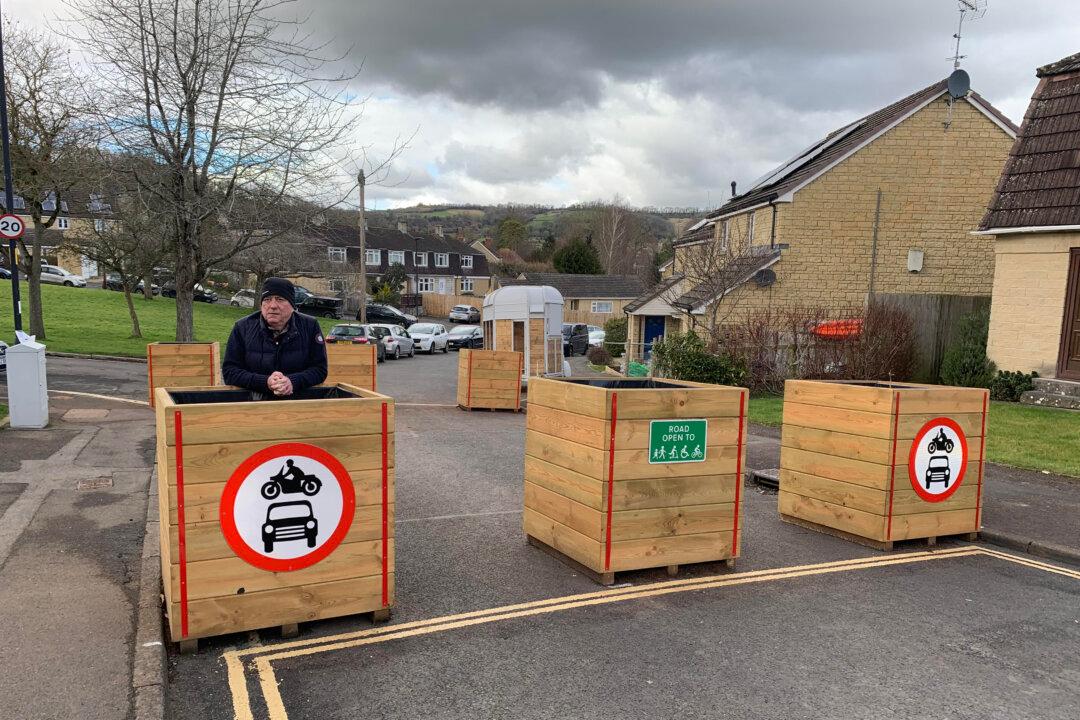The Transport Secretary has called for a review of low traffic neighbourhoods (LTNs) as they set “people against each other” and has urged local councils to scrap existing unpopular versions of the scheme.
In an interview with The Telegraph on Sunday, Conservative MP Mark Harper said he has put an end to central government funding for LTNs.





